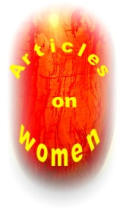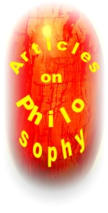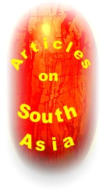Divorce lawyers turn to social media to turn up
the goods on cheating spouses






‘Knowledge is power’





WEB PAGES
OUR OFFERING
UPLOADED ITEMS
OUR EMAIL
kri200@womenspowerbook.org
QUESTION
Raise the vol to listen to the
lady airing awe @ the SINGLE author encyclopedia
World’s
encyclopedic
knowledge
compacted
in
your
hand
The Wall Street Journal's blog Smart Money reported that although that founder Mark Zuckerberg recently took
the leap into marriage, Facebook itself is prompting many divorces around the world, and justices are getting
wise, and using evidence on FB during divorce hearings.
More than a third of divorce filings in the United Kingdom last year contained the word "Facebook," according to
a survey by Divorce Online, a UK-based legal services firm.
And more than 80% of U.S. divorce attorneys say they've seen a rise in the number of cases using social
networking, according to the American Academy of Matrimonial Lawyers.
Gary Traystman, a divorce attorney in New London, Conn., told Smart Money that of the 15 cases he handles
per year where computer history, texts and e-mails are admitted as evidence, 60% exclusively involve
Facebook.
"Affairs happen with a lightning speed on Facebook," says K. Jason Krafsky, who authored the book "Facebook
and Your Marriage" (Turn the Tide, $19.95) with his wife Kelli.
In the real world, he says, office romances and out-of-town trysts can take months or even years to develop.
"On Facebook," he says, "they happen in just a few clicks."
The social network is different from most social networks or dating sites in that it reconnects old flames as well
as allows people to "friend" someone they may have only met once in passing.
"It puts temptation in the path of people who would never in a million years risk having an affair," he says.
Even when extramarital affairs develop with no help from Facebook, experts say the site provides a deceptively
comfortable forum for people to let off steam about their lives.
"The difference with Facebook is it feels safe, innocent and private," says Randy Kessler, an Atlanta, Ga.-based
lawyer and current chair of the family law section of the American Bar Association. "People put an enormous
amount of incriminating stuff out there voluntarily." It could be something as innocuous as a check-in at a
restaurant, he says, or a photograph posted online.
Courts also are increasingly examining Facebook for evidence, the blog reported.
Last year, a judge in Connecticut ordered a divorcing couple to hand over their Facebook passwords to the
other's lawyers.
You might also like:
30 Reasons Being A Woman Is Awesome
Woman addicted to drinking her urine
Publishing: The book that self-destructs in 60 days



Empowering Book Newsletter






WOMEN’S POWER: ITS PAST, ITS PRESENT, ITS FUTURE: FEMOCRACY


















